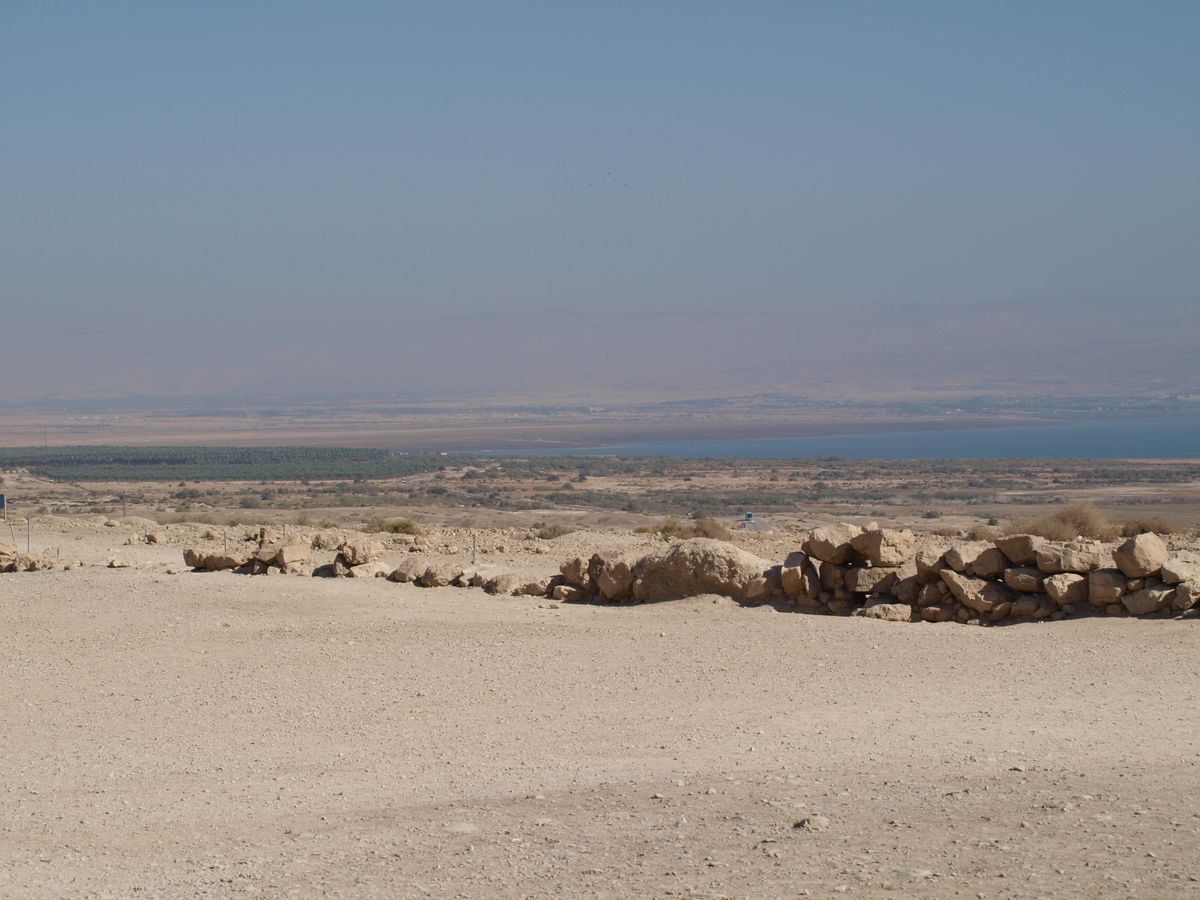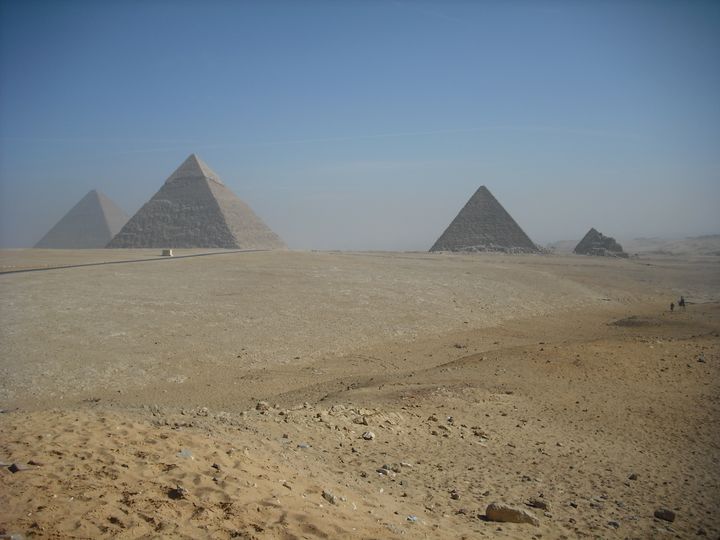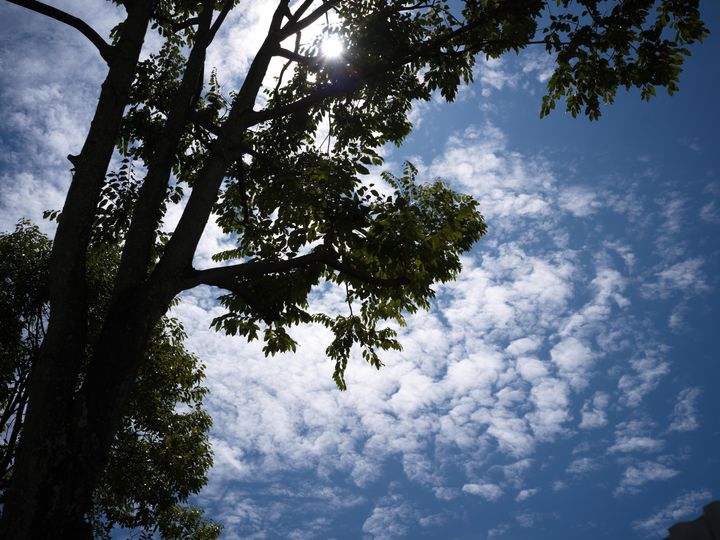QT 03/03/2025 Sun. Isaiah 15. God's Judgment Included Those Who Are Near. 上帝的审判也包括那些亲近的人

QT 03/03/2025 Sun. Isaiah 15. God's Judgment Included Those Who Are Near
READ http://www.esvbible.org/isaiah15
The LORD would judge Assyria and Babylon. But these kingdoms are far away. Yet from the text of Isaiah 15 and 16, the LORD would also judge neighbours, Moab and Philistia. During this time of about Eighth Century B.C., we see the demonstration of The LORD's sovereignty over all nations. He is not only the local God and Judge, He is the Judge and Saviour of all the world.
REFLECTION: As we examine our own lives, is there anything that we are turning a blind eye to, or sweeping any decay under the carpet, so to speak? There is no one area that is out of bounds for the molding and judgements of this kind of God.
The relationship between Moab and Israel is special, compared to far away nations:
(1) The Moab are connected by ancestry, through Lot—the nephew of Abraham (Genesis 11:27, 31):-
Genesis 19:37 The firstborn bore a son and called his name Moab. He is the father of the Moabites to this day. (ESV)
(2) The LORD had expressly given land to the people of Lot, Moabites:-
Deuteronomy 2:9 And the LORD said to me, ‘Do not harass Moab or contend with them in battle, for I will not give you any of their land for a possession, because I have given Ar to the people of Lot for a possession.’ (ESV)
(3) The Moabites and Israelites had very similar language structure and scripts, for example, as identified by an archaelogical discovery known as the "Mesha Inscription".
(4) The great-grandmother of Israel's greatest king, king David, was a Moabite (see Book of Ruth).
(5) Travel to and from Moab to Israel could be undertaken quite easily, even by women travelling without escort (see Ruth 1).
Unlike judgement against the nations of Assyria and Babylon, the text of Isaiah 15 displayed some sense of sympathy for the punishment that would befall Moab. In handing out judgments, the LORD still felt for the plight of the recipients, especially when these are related to His past acts:-
Isaiah 15:5–8
[5] My heart cries out for Moab;
her fugitives flee to Zoar,
to Eglath-shelishiyah.
For at the ascent of Luhith
they go up weeping;
on the road to Horonaim
they raise a cry of destruction;
[6] the waters of Nimrim
are a desolation;
the grass is withered, the vegetation fails,
the greenery is no more.
[7] Therefore the abundance they have gained
and what they have laid up
they carry away
over the Brook of the Willows.
[8] For a cry has gone
around the land of Moab;
her wailing reaches to Eglaim;
her wailing reaches to Beer-elim. (ESV)
Yet because Moab was proud, the prophet's exhortation to readers was to discourage any attempts to seek refuge in any alliance with Moab regardless of "relationships", because Moab herself would face judgment from the LORD (as would all human institutions and alliances). Yet because the LORD is righteous, He would not shrink back from His doing the right thing for others just because the recipient was related.
REFLECTION: Mutual security, whether in economics or the military, was not to be found in the neighbours of God's people, but in God only. God will rescue His people, even sending His anointed One at the time appointed by Him (Isaiah 16:5). In whom do you place your trust today?
QT 03/03/2025 星期日 以赛亚书 15. 上帝的审判包括临近的人.
阅读 http://m.bbintl.org/bible/ncv/isa/15
耶和华要审判亚述和巴比伦。但这些王国离以色列很远。然而,从以赛亚书第 15及16 章的经文来看,耶和华也将审判邻国摩押和非利士。在大约公元前八世纪的这个时期,我们看到了耶和华对所有国家的主权。祂不仅是当地的神和审判者,也是全世界的审判者和救世主。
反思:当我们审视自己的生活时,是否有什么事情是我们视而不见的,或者可以说是把任何腐朽都扫到了地毯下面? 没有任何一个领域是这种上帝的塑造和审判的禁区。
与遥远的国家相比,摩押和以色列之间的关系是特殊的:
(1) 摩押人的祖先是亚伯拉罕的侄子罗得(创世记 11:27, 31):-
创世记 19:37 大女儿生了一个儿子,给他起名叫摩押,就是现在摩押人的始祖。
(2) 耶和华曾明确将土地赐给罗得的子民摩押人:-
申命记 2:9 耶和华对我说:‘你不可敌视摩押人,也不可与他们争战;他们的地我不赐给你作产业,因为我已经把亚珥赐给了罗得的子孙作产业。
(3)摩押人和以色列人的语言结构和文字非常相似,例如,考古发现的 “梅沙铭文 ”就证明了这一点。
(4)以色列最伟大的国王大卫王的曾祖母就是摩押人(见《路得记》)。
(5) 从摩押到以色列的步行不艰难,甚至妇女在没有护送的情况下也可以旅行(见路得记第一章)。
与对亚述和巴比伦的审判不同,以赛亚书第 15 章的文字对摩押将遭受的惩罚表现出了某种同情。在实施审判时,耶和华仍然对受审者的困境感同身受,尤其是当这些审判与祂过去的行为有关时:
以赛亚书 15:5-8 我的心为摩押哀号,它的逃民一直去到琐珥,如同一头三岁大的牝牛,要挣脱苦轭,他们登上鲁希的山坡,随走随哭,他们在何罗念的路上,发出灭亡的哀号。6 因为宁林的众水都已荒凉,青草枯干,嫩草灭没,完全没有青绿之物。 7 所以,他们把所得的和所积蓄的财富,都带过了柳树溪。8 哀号的声音传遍了摩押四境,哀声直达以基莲,又传到比珥.以琳。
然而,由于摩押是骄傲的,先知对读者的劝告是阻止任何与摩押结盟寻求庇护的企图(不论 “关系” 如何),因为摩押本身将面临耶和华的审判(正如所有人类机构和联盟一样)。因为耶和华是公义的,祂不会因为他人的关系而不为他人做出正确判断及结论。
反思:无论是在经济领域还是在军事领域,相互之间的安全感都不能在上帝子民的邻居中找到,而只能在上帝那里找到。上帝会拯救祂的子民,甚至在祂指定的时间派遣祂的受膏者(以赛亚书 16:5)。今天,你信任谁?


